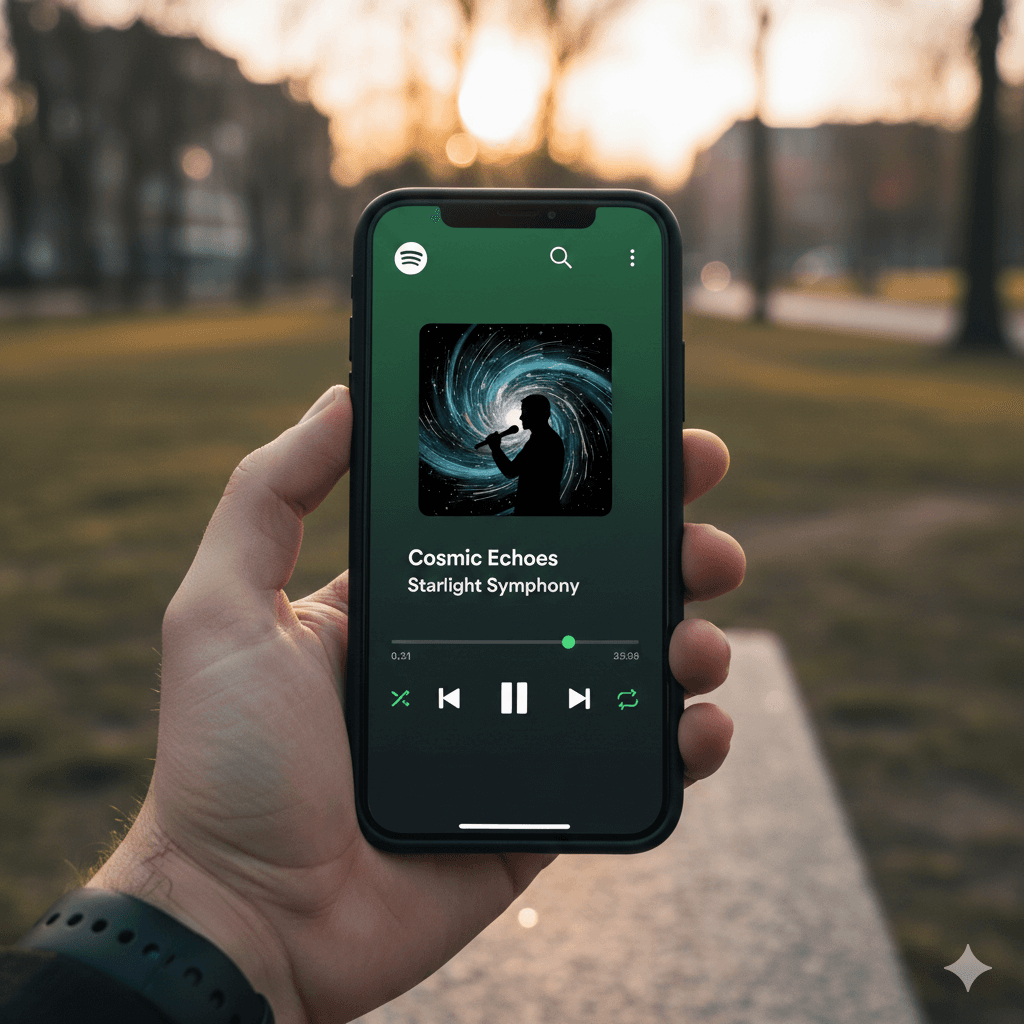In a bold step toward decentralized and censorship-resistant communication, Twitter co-founder Jack Dorsey has unveiled Bitchat—a new encrypted messaging app that functions without the internet. Built on mesh networking and Bluetooth technology, Bitchat allows users to chat with others nearby without relying on Wi-Fi, cellular networks, or even centralized servers. At a time when digital privacy, network outages, and authoritarian crackdowns are increasingly in focus, Bitchat signals a radical shift in how people may communicate in the future.
Unlike conventional messaging apps that route messages through cloud servers or rely on telecom infrastructure, Bitchat uses Bluetooth Low Energy (BLE) and Wi-Fi Direct to create an ad hoc mesh network between devices. This means every phone running Bitchat becomes a node in a decentralized network, passing along encrypted messages until they reach their intended recipient—even if that recipient is not directly in range. The result is a self-healing, peer-to-peer communication system that continues to operate even in the absence of traditional connectivity.
Dorsey’s venture into offline-first communication isn't surprising. A known advocate for decentralization, open protocols, and user autonomy, he has long expressed disillusionment with Big Tech's control over digital platforms. Bitchat is designed as a countermeasure against surveillance, censorship, and infrastructure dependence, offering a platform that works during protests, natural disasters, rural blackouts, or simply where the internet is unavailable or unaffordable.
From a technical perspective, Bitchat employs end-to-end encryption using modern cryptographic standards like the Signal protocol. Each conversation is secured, ensuring that only the sender and recipient can read the contents. Additionally, the app includes features like “ephemeral messaging”, allowing users to set self-destruct timers on chats, as well as decoy messages and anonymous profiles for added layers of protection in sensitive situations. It does not require a phone number or email for sign-up, preserving user anonymity.
The user interface is intentionally minimalist. Upon launch, Bitchat scans the area for nearby users and creates an encrypted handshake between devices. Users can create public or private group channels, initiate one-on-one chats, or broadcast alerts across the mesh. The app stores no data on servers; all metadata, chat logs, and user profiles remain confined to individual devices. This local-first design ensures data sovereignty and removes reliance on central authority.
The implications of such a tool are profound. In areas where governments restrict access to messaging platforms—such as during elections, civil unrest, or public protests—Bitchat can offer a lifeline for organizers and citizens. It’s also ideal for disaster-stricken zones, where mobile towers are down but coordination among rescue teams and affected people remains vital. Bitchat also opens possibilities in developing regions, where network infrastructure is sparse and data plans remain prohibitively expensive.
The app is still in its early stages, available on select Android devices with an iOS version in development. Its open-source codebase is being published on public repositories, encouraging developers to audit, fork, or contribute to the platform’s growth. Independent contributors are already experimenting with extended range support using LoRa (Long Range Radio), satellite tethering, and integration with open communication standards like Matrix.
However, the app’s power also invites scrutiny. Experts warn of the potential misuse of Bitchat by bad actors who might exploit its anonymity for illegal activities. Law enforcement agencies in some regions are expressing concern over the app’s inability to track users or content. Still, Dorsey and his team maintain that privacy is a fundamental right, and technology must remain neutral—even if it occasionally empowers those on the margins.
The launch of Bitchat also reignites discussion around digital resilience. As the world grapples with increasing digital centralization—whether it’s social media monopolies, algorithmic surveillance, or government-imposed internet shutdowns—solutions like Bitchat push back, reasserting a citizen’s right to communicate on their own terms. It reflects a growing movement favoring local-first software, zero-knowledge systems, and peer-to-peer architecture in a world too dependent on cloud platforms and central servers.
Commercially, Bitchat isn’t designed to be monetized in the conventional sense. There are no ads, no subscriptions, and no user data to sell. The project is funded by grants from Dorsey’s own foundation and crypto-native donors who share the vision of open, censorship-resistant communication. Future developments may include integration with decentralized identities (DIDs), encrypted file sharing, and permissionless chat bots powered by on-device AI.
Critics argue that mainstream adoption will be limited by technical barriers—such as range constraints (Bluetooth typically supports up to 100 meters), slow data transfer, and the need for physical proximity between users. Others question whether the public at large is ready to switch from always-on cloud messaging to intermittent mesh-based delivery. But early signs show growing interest, especially among journalists, activists, students, and tech-savvy users who see Bitchat as a valuable tool—not just a novelty.
Jack Dorsey’s Bitchat may not replace WhatsApp, Signal, or Telegram, but it doesn't aim to. Its purpose is different: to provide a backup plan, a digital lifeboat when the primary network goes down or when using it comes with a price. In that sense, Bitchat is more than an app—it’s a statement. A belief that the right to speak, organize, and communicate should not depend on gatekeepers, subscriptions, or signal bars.
As adoption grows and its technology matures, Bitchat could very well inspire a new category of offline-first, privacy-centric applications. Whether it becomes a revolutionary platform or simply a symbolic tool of resistance, its arrival has already stirred the waters in the world of secure communications—and that’s exactly what Jack Dorsey seems to have intended.
NEVER MISS A THING!
Subscribe and get freshly baked articles. Join the community!
Join the newsletter to receive the latest updates in your inbox.






